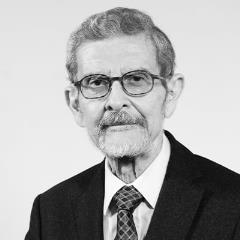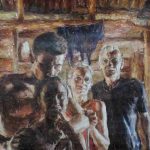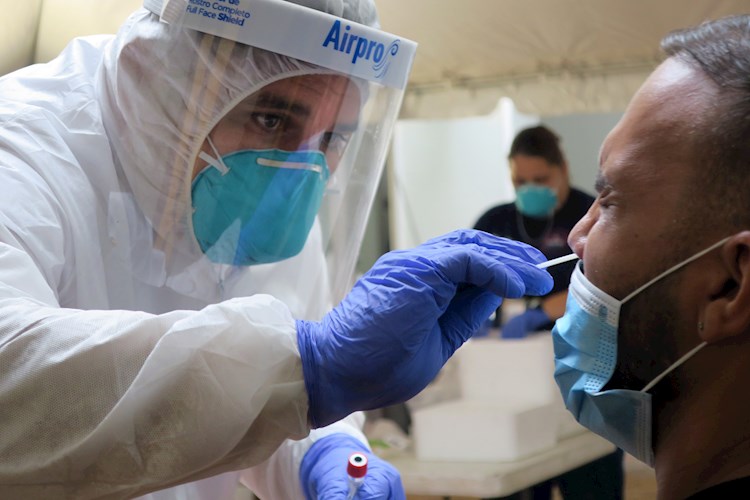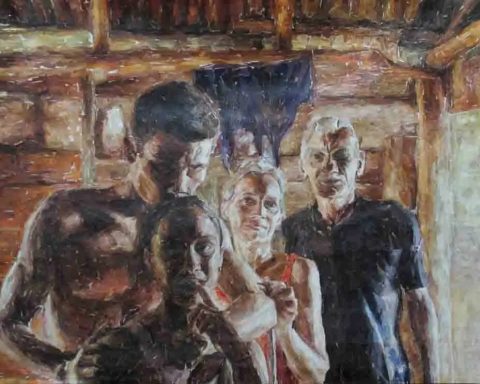The behavior of the population during the Holy Week, which was commonly described as the Holy Week, has been transformed. Today that greater importance refers to its role as an opportunity to leave holidaysvisit beaches and resorts, do parties and excessive consumption of food and drinks.
The economy, logically, has benefited from this transformation, but it seems unlikely that the profit motive has been able to modify the traditions of the Dominicans in such a radical way. Without going into considerations about causes of another nature, in the religious, moral or cultural order, it is possible to mention an economic factor that has affected the attitude of the population.
This factor consists of the change that has taken place in the way in which productive activities are carried out. It used to be true that life in times past ran along highly regimented channels. The working day was quite confined to daylight hours, with the sun “out”. The nights were quieter, usually spent with the family. There was no 24-hour television, no internet, no cell phones. The traffic was mild, and the distances were short, which made it possible to have lunch and rest at home at noon. Recreation sites operated within strict hours. And meetings with friends were usually held at home. This regimentation was present in the towns and cities, and was even more intense in the fields and rural areas.
Those were the times when agriculture and industry predominated in the composition of the GDP. As the participation of services, provided at any time and without ties to specific locations, grew, demand and supply were in charge of breaking the usual schedules. Non-subsistence purchasing power increased. Recreational occasions became rarer. And the Holy Week It happened to be one of those occasions.
















